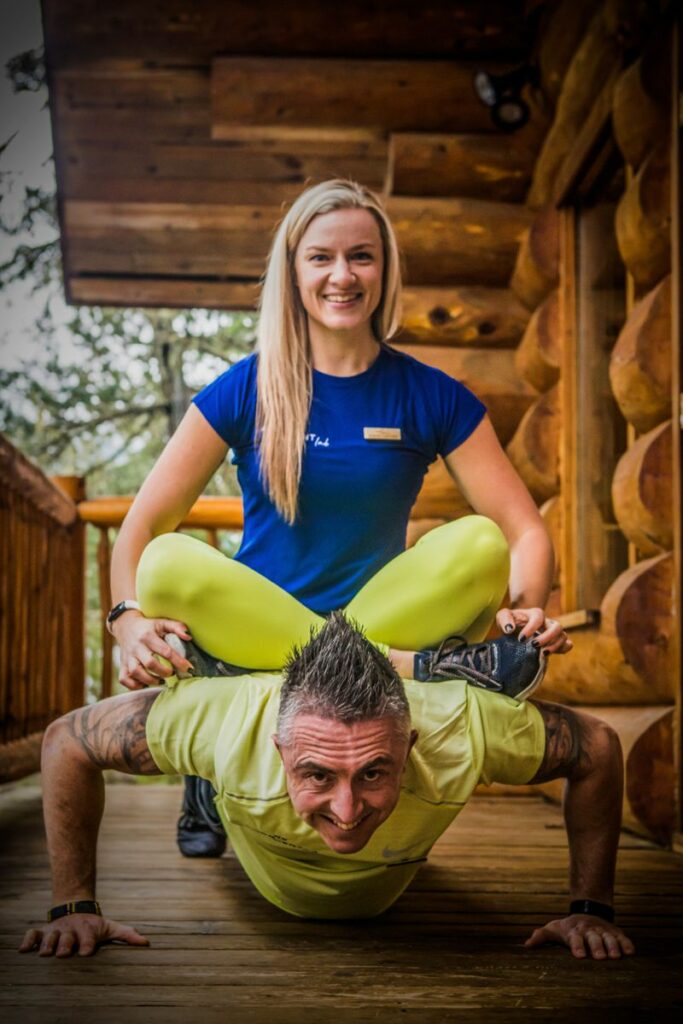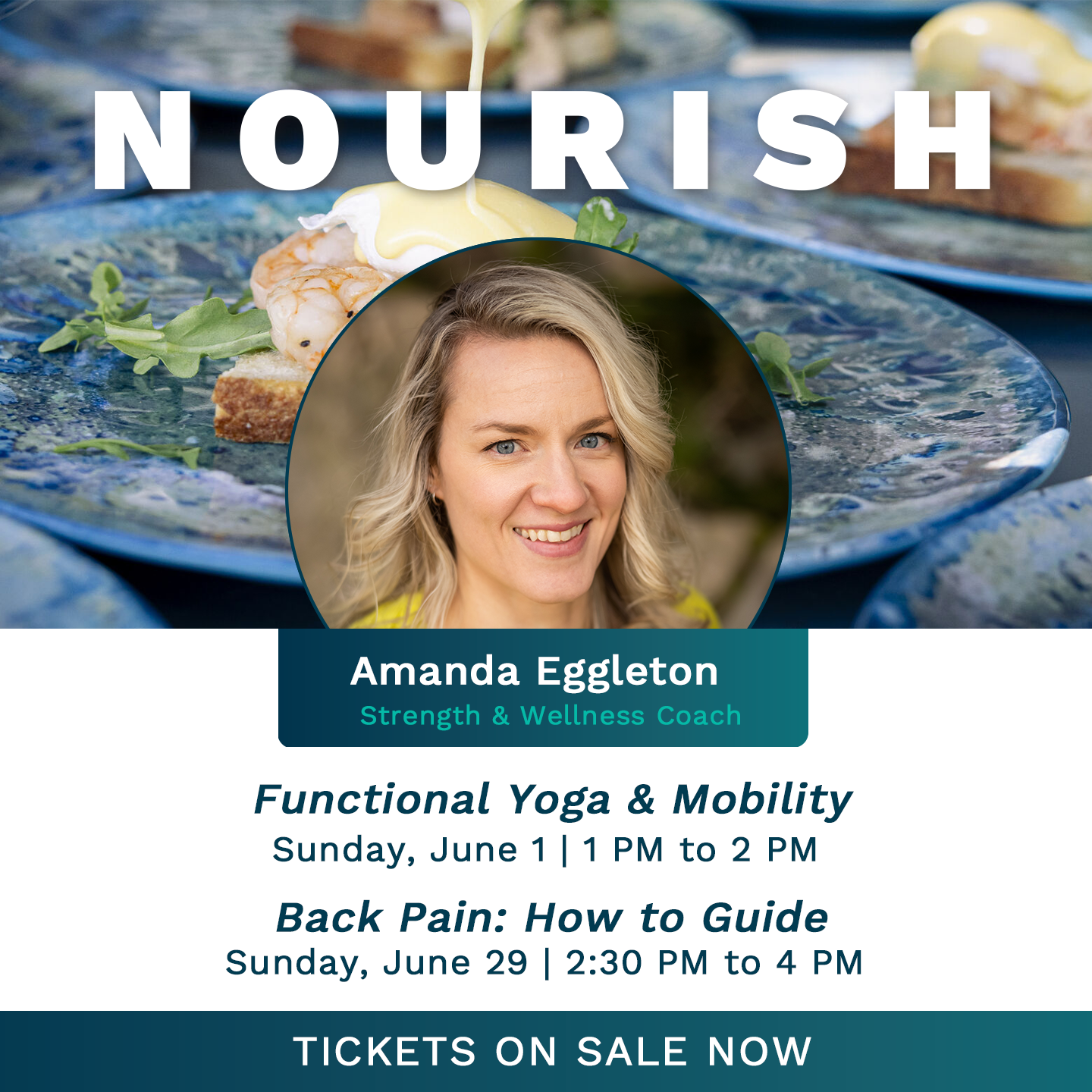Why is it so hard to exercise?
As a personal trainer this is a common question I get asked and often see on a regular basis. As another human on the fitness journey it is something that I personally deal with too.
You might think that just because I am a personal trainer and ‘in good shape’ that this dilemma is not something I am familiar with, but you would be wrong.
Every single person, even the professional athletes, experience this mental battle between exercising or not at some point.
The only difference between the ones who make it or not, is the ones who are successful have found the right motivation that enables them to follow through with it. They have also discovered their personal barriers in order to give themselves the best chance of success. And usually once a habit has been created its easier, and even enjoyable to keep at it.
But what are these barriers? Barriers can be anything that can prevent you from getting to your goals.
Barriers can be emotional, physical or social in nature.
When asked, research has revealed that most people feel a lack of time is their most common barrier to committing to a regular exercise routine.
But I want to take the devils advocate routine here. We both know that most times that is not true. We have all used this excuse before, even at times, not related to exercise.
I believe that this excuse can be the story we tell ourselves to make us feel less guilty about not getting any exercise in.
The reality is if we want to do something, we make the time for it.
So if time isn’t (always) the real barrier, then what is?
We all know that exercise is good for us, and we know that we FEEL good afterwards, and yet we still struggle to do it. Why?
This is where it can get complicated and is highly individualized, meaning there are different barriers for everyone, and maybe even a combination of a few.
Emotional barriers
Emotional barriers are mental blocks that influence your actions. They can also trigger an emotional response that is considered inappropriate or unproductive in the current situation.
Anxiety is a common emotional barrier when it comes to exercise, especially in a gym setting. Most anxiety is around uncertainty or the unfamiliar. Maybe feeling like you don’t belong, or aren’t good enough to be participating. Or that others are judging you.
Boredom – I hear this from clients all the time. They just don’t like going to the gym, and often because they find it boring.
Fear – some people feel fear around exercise. This could be because of a bad experience as a child, or even as an adult.
Willpower – this is a tough one and perhaps the most common emotional barrier to physical activity, lack of willpower.
Physical barriers
Physical barriers are physiological blocks that prevent your body from doing what you want. Usually that are entwined with an emotional response and are related to personal comfort.
Energy – do you struggle to have the energy to get up and exercise? This can usually go hand in hand with willpower, but a lack of energy feels slightly different. Like there is no energy in your body to move. Your body (and brain!) need energy to fuel movement, this is where diet plays a big role.
Pain – are you dealing with pain? Or have you been injured and there is a fear of re-injury? No one likes to feel pain, and it is normal to be fearful of not wanting to be injured again.
Skill/Experience – some people feel uncomfortable because of a lack of skill or knowledge with exercise.
Social barriers
Social barriers are blocks from the outside world, ranging from a lack of resources, like equipment or facilities, to a lack of social support including friends, family, community or professionals.
Environment – lack of facilitates, or access to equipment and coaching can be a barrier. Even the weather can make things difficult.
Lack of social support – Pressure from your social network can make it hard to stay motivated when there is no support or understanding from those who are not as involved in exercise as you.
Family obligations – It can get overwhelming trying to manage all our family obligations. This is where an effective time management schedule can really help to stay on track.
Emotional barriers are mental blocks that influence your actions. They can also trigger an emotional response that is considered inappropriate or unproductive in the current situation.
Anxiety – anxiety is a common emotional barrier when it comes to exercise, especially in a gym setting. Most anxiety is around uncertainty or the unfamiliar. Maybe feeling like you don’t belong, or aren’t good enough to be participating. Or that others are judging you.
Boredom – I hear this from clients all the time. They just don’t like going to the gym, and often because they find it boring.
Fear – some people feel fear around exercise. This could be because of a bad experience as a child, or even as an adult.
Willpower – this is a tough one and perhaps the most common emotional barrier to physical activity, lack of willpower.
Physical barriers are physiological blocks that prevent your body from doing what you want. Usually that are entwined with an emotional response and are related to personal comfort.
Energy – do you struggle to have the energy to get up and exercise? This can usually go hand in hand with willpower, but a lack of energy feels slightly different. Like there is no energy in your body to move. Your body (and brain!) need energy to fuel movement, this is where diet plays a big role.
Pain – are you dealing with pain? Or have you been injured and there is a fear of re-injury? No one likes to feel pain, and it is normal to be fearful of not wanting to be injured again.
Skill/Experience – some people feel uncomfortable because of a lack of skill or knowledge with exercise.
Social barriers are blocks from the outside world, ranging from a lack of resources, like equipment or facilities, to a lack of social support including friends, family, community or professionals.
Environment – lack of facilitates, or access to equipment and coaching can be a barrier. Even the weather can make things difficult.
Lack of social support – Pressure from your social network can make it hard to stay motivated when there is no support or understanding from those who are not as involved in exercise as you.
Family obligations – It can get overwhelming trying to manage all our family obligations. This is where an effective time management schedule can really help to stay on track.
As you can see, barriers can come in many different shapes and forms, and range from complex to multifaceted experiences. As trainers, we understand that clients who struggle with adherence or commitment to regular physical activity rarely has anything to do with laziness. There are plenty of solutions and options to each of the barriers mentions above.
To be a successful coach you have to dive into your clients emotional and mental state in order to fully understand what makes them motivated, excited and committed to a healthy lifestyle and then do your best to be encouraging and support that.
In my last blog, Regrets and Resolutions, I discussed goals and motivation, especially looking at intrinsic and extrinsic motivations, and which ones are more successful. Understanding what can intrinsically motivate you can be a huge help in achieving your goals too.
Click here to read the article.
The Take Away:
Only when we are finally aware of something that isn’t working can we take action to change things.
Hopefully now you have had a chance to reflect on what barriers you may have when it comes to committing to a healthier, active (and hopefully pain-free) lifestyle.
The biggest take away? Make exercise and movement FUN.
Life is meant to be lived and enjoyed, and physical exercise doesn’t have to be any different. Adding movement to your day is easy when you think outside the box and you enjoy how it feels.
If you don’t like the gym, then don’t go.
There are so many options these days that the choice is really up to you. You could do exercises at home, online, or in a group setting. Join a sporting team, volunteer to walk dogs, swim in the lake, take
up yoga or chi gong.
Think about what you enjoyed most as a child, perhaps you will find some inspiration there too.
Try not to worry about what other people think, because I can promise you they are too busy thinking about their own stuff to be worrying about you. Often they are worrying about the same thing!
Stop giving yourself a hard time about what exercise is ‘suppose to look like’.
Start small, add little habits into your day and build them up. The important point to remember is that you are becoming healthier by being less sedentary and that’s fantastic.
If you are dealing with fear, anxiety, confusion or pain, find a coach who can help. A personal trainer, a wellness coach, maybe even a therapist or a friend. Its OK to ask for help, especially when you don’t feel like you can do it alone, that’s what friends and professionals like us are here for!
Keep moving,
Amanda xo

